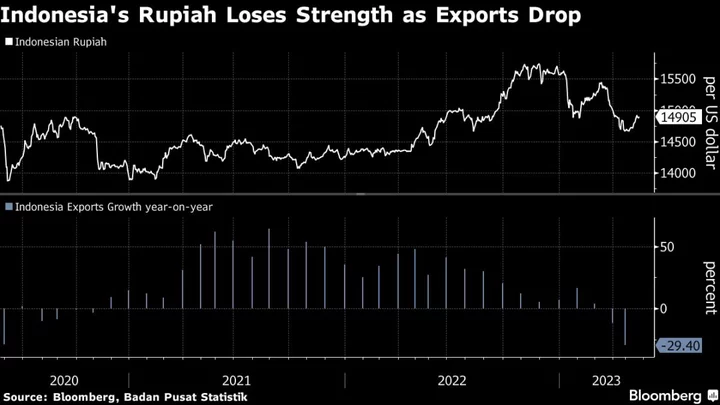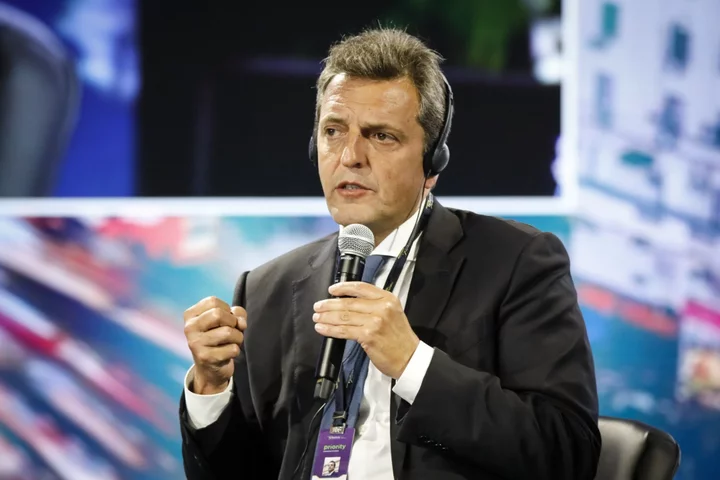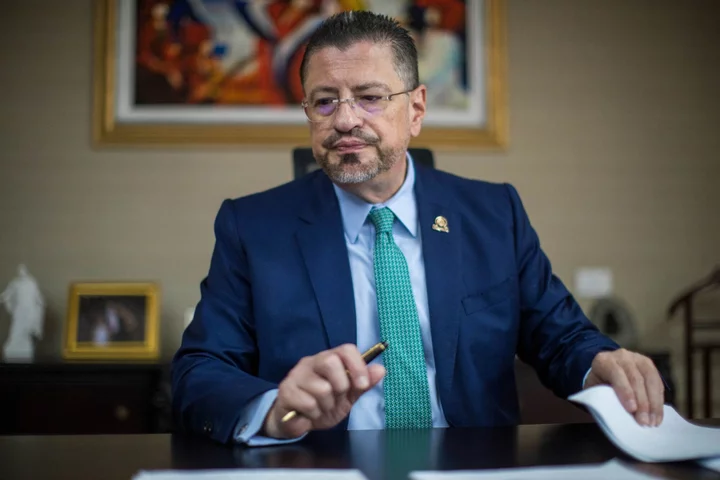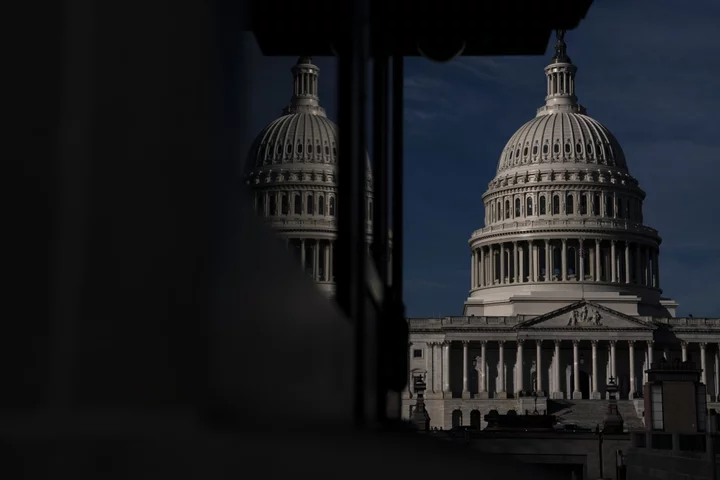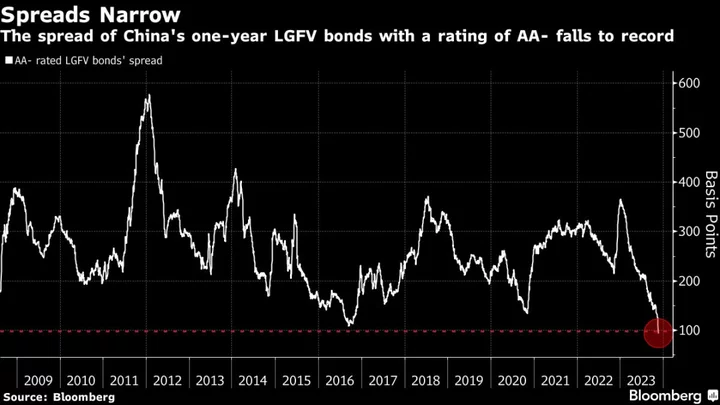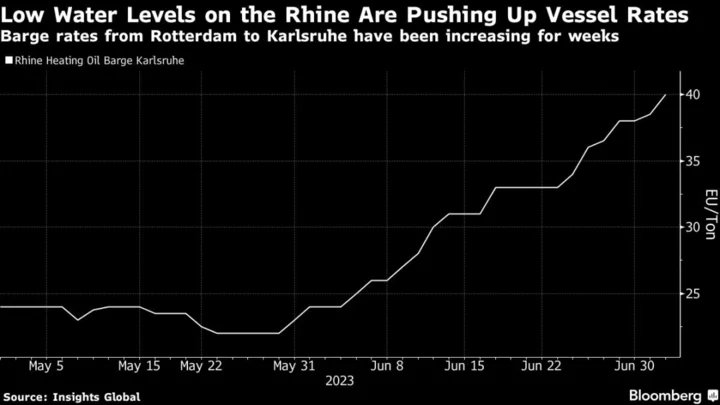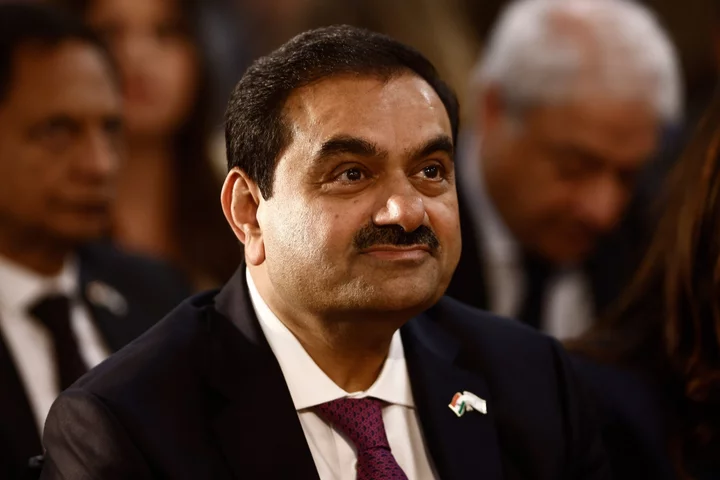Indonesia’s central bank held its benchmark interest rate for a fourth straight meeting, even as a deadlock in US debt-ceiling talks brings new risks for the rupiah and domestic economic growth.
Bank Indonesia kept the seven-day reverse repurchase rate at 5.75% on Thursday, as predicted by all 28 economists surveyed by Bloomberg. Governor Perry Warjiyo and his board have kept the rate steady since February after 225 basis points of increases.
The decision to stand pat affirms Warjiyo’s statement earlier this month that the central bank will be “patient” in approaching the possibility of rate cuts as it continues to assess the latest economic data. He said Thursday that Indonesia’s economy remains on a strong footing, with growth seen improving in the current quarter after a faster-than-expected showing in the January-March period.
While the central bank retained its 4.5%-5.3% growth forecast for Southeast Asia’s largest economy, Warjiyo dropped reference to expansion coming in at the upper end of the range that he had mentioned at the last meeting. He said the central bank expects inflation to return to its 2%-4% target next quarter and that the authority was stabilizing the local currency through interventions.
Although Indonesia’s rupiah has outperformed most of its peers in emerging markets so far this year, downside risks are brewing.
Investors are becoming more risk averse amid the US debt-ceiling crisis, boosting dollar strength that could trigger a reversal in portfolio inflows. At home, deteriorating exports and narrowing current account surplus are likely to weigh on the currency going forward.
The rupiah has fallen in seven of the past nine trading days and was down as much as 0.4% against the dollar on Thursday before the decision. It traded 0.32% weaker at 2:20 p.m. Jakarta time.
With consumer-price growth already on track to target and the core inflation gauge tracked by BI well below 3%, the central bank said it’s urging banks to boost lending to support the economy’s recovery.
--With assistance from Norman Harsono, Eko Listiyorini, Soraya Permatasari and Tomoko Sato.

